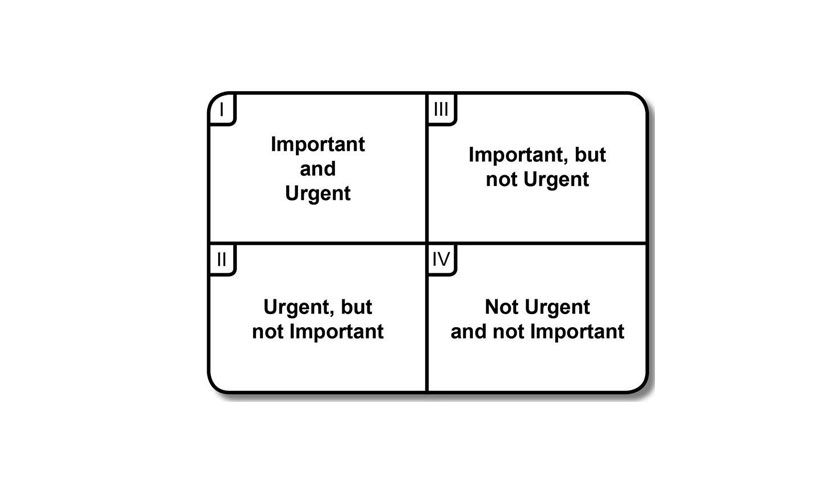
As kids, we’re eager to start off as adults. The older version of you, that knows what exactly they are doing, confident, with ‘unlimited freedom’ which actually means the kind of freedom Sri Lankan parents will let you have, a career you love, a loyal set of friends and a supportive, loving significant other. Well, that’s the dream, if not for most definitely for a majority.
Our transition period from child to teen is tough; aided with growth spurts and emotional awareness, adolescence is a rollercoaster journey of emotions. From there to adulthood consists of a myriad of choices and emotions, each painting a different way of life.
In today’s fast-paced world with everything we require a minute away, we forget that having access to everything we need could also cause a certain kind of stress of confusion and indecisiveness that we’re not quite used to. Recognised as a link to six leading causes of death, stress is something we experience regularly in various forms. It has become a crucial part of our behaviour pattern that instead of consciously dealing with it, we ignore the warning sirens and crash head on because we think that’s the best way to handle it or sometimes avoid it. For most of us, maintaining a balance in work life and personal life is an uphill struggle. Our need to excel in our chosen field of work whilst enjoying time with friends and having the time of our life is a self-made expectation we try to live up to every day because that’s the socially accepted ‘dream life’ – a life where you have everything you’ve always wanted.
The human population can roughly be categorised into two types: planners and go-with-the-flow kind of people. Faced with stressful situations both groups react very differently, while some turn to anger, others look for distraction in alcohol and other substances in order to prolong from dealing with it. Most people are unaware of their reaction to stress as they tend to see it as a part of who they are instead of looking at it as a trigger to a certain change in attitude and behaviour. Undealt stress can have short term to long term effects that can affect your body, mind and behaviour. These could vary from headaches, muscle pain, anxiety, depression, outbursts of anger and social withdrawal and eventually lead to more serious illnesses.
So how do we deal with stress would be the golden question?
While there is no one particular answer to it as people are vastly different from one another, a combination of things is sure to help you gain perspective on how best you can deal with it. In addition to practising a combination that works for you, getting the right amount of sleep, exercise and the right kind of food will also help you to be more relaxed and handle stressful situations better. Just like learning to ride a bicycle you may fall off a couple of times and revert back to the old way of handling things. However, the world (or people) will always present you a new situation where you can put your new found coping skills to test.
Here’s a list of tips to do when you’re going through a stressful situation
1. As soon as you start to feel stressed remove yourself from the situation. Going for a short walk or taking a break, not only gives you the space you need to process but also gives you the time to look at things more objectively without getting stressed or angry.
2. Take five deep breaths and focus only on your breathing during that time. Whether it’s at your desk, bathroom or anywhere else, this practice helps to get yourself together.
3. For overthinkers, stressful situations are a nightmare. Instead of planning three days ahead, try planning out the next 20 minutes and only think 20 minutes ahead. This way you could take control of your current thought process as well as make a plan for the next 20 minutes.
4. Another a tip for the overthinkers and general worriers is to have a designated time to worry and overthink. Give yourself a limited time whether it’s an hour or 30 minutes to worry or think about everything that needs to be crossed of your list and be done with it.
5. Talk to someone – whether it’s a colleague or a friend. Talking always helps.
6. Last not but least, list down your tasks according to this table when you have a stressful day whether at home or office so that you can plan your time better.


0 Comments